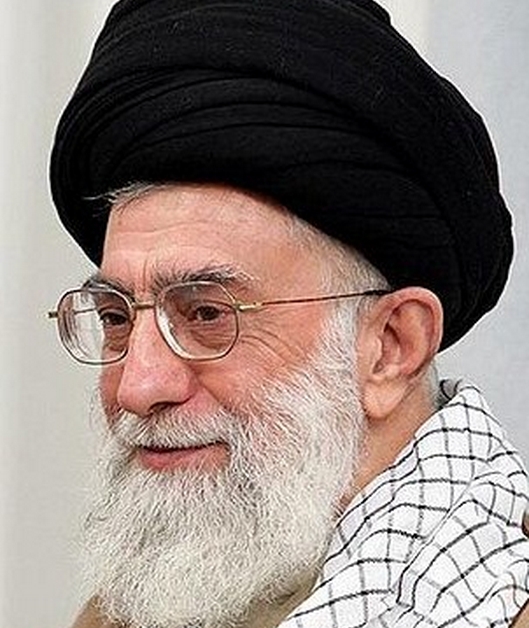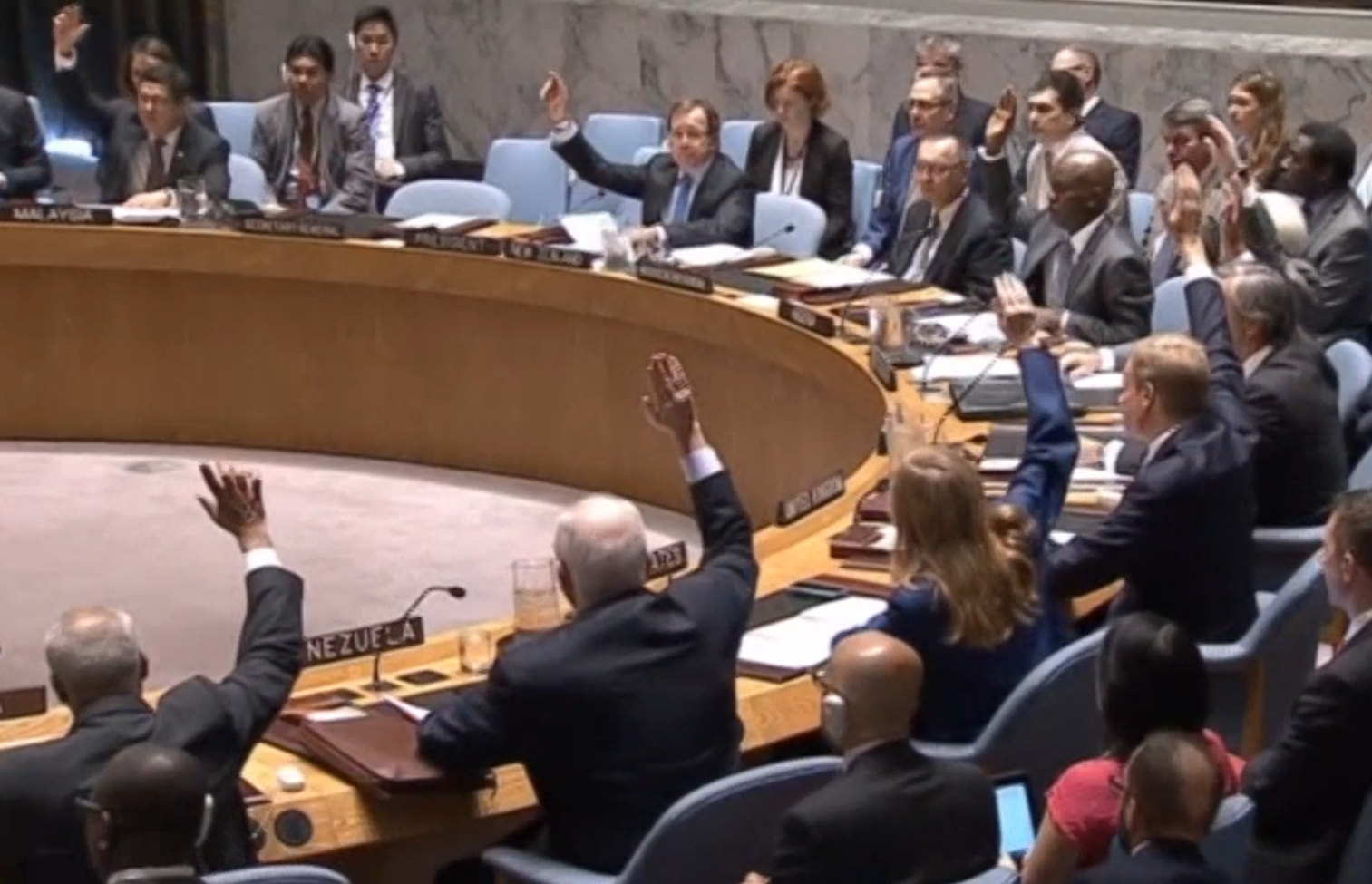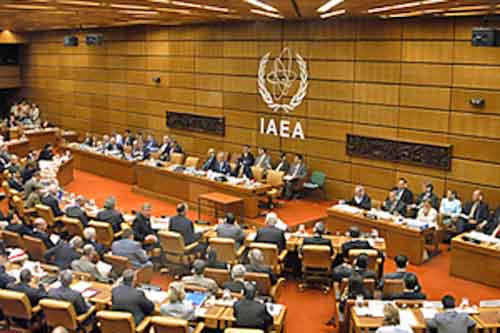WASHINGTON D.C.-Following after Europe's imposition of tougher sanctions against Iran and its nuclear program, the U.S. Senate voted 100 to 0 yesterday on imposing restrictions on foreign firms such as banks and institutions that disallow them from carrying out transactions in the U.S. if they continue to do business with that country's central bank. The sanctions were added to the National Defense Authorization Act as an amendment.
The bill now goes to the House, and if passed there, will go to the desk of President Obama. Whether he will sign or veto it is uncertain. Obama’s concerns are that harsher sanctions will alienate potential allies as well as disrupt the oil markets. Harsher sanctions against Iran could result in much higher oil prices, which in effect, would result in Iran making more money from their oil exports. So, in reality, tougher sanctions could benefit that country rather than cause it any financial harm.
The United States already prohibits our banks from any dealings with the Iranian Central Bank.
U.S. Officials say that in no way is the tougher sanctions connected with the storming of the British embassy in Tehran this week by protesters, but instead in response to reports that Iran is moving ahead with its nuclear program.
Alaska Senator Lisa Murkowski a ranking member of the Senate Energy and Natural Resources Committee stated in a press release, “No country should be allowed to hold global security hostage over oil supplies.” She continued on to say, “Stricter sanctions are necessary to send a clear signal to Iran that their aspirations of developing a nuclear weapon will not be tolerated by peace loving people. If the administration is concerned about the price of oil, it should be taking steps to expedite production of our own vast resources here at home.”








